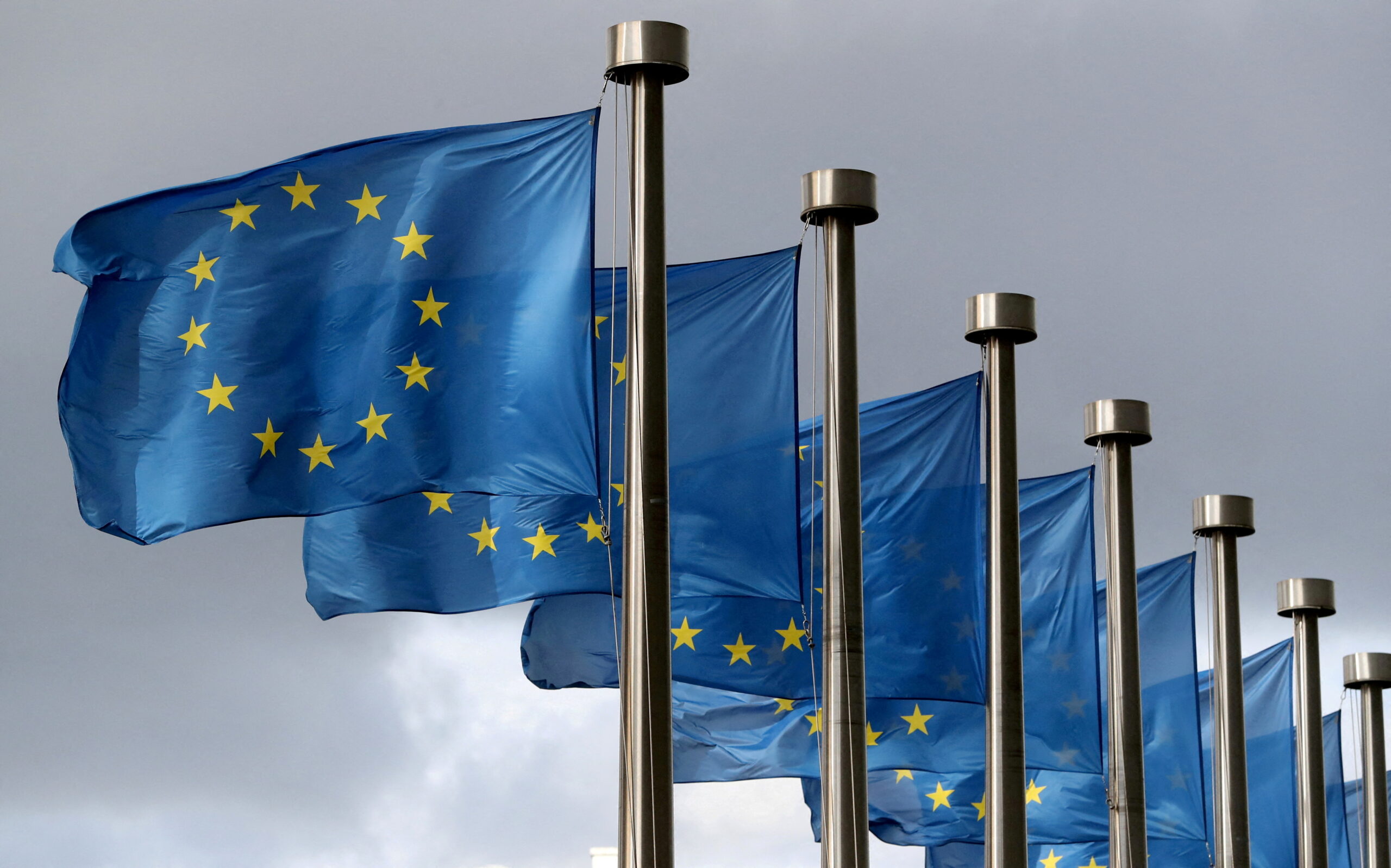The COVID-19 pandemic has significantly disrupted economies worldwide, with the European Union (EU) facing unparalleled challenges in its wake. As nations begin to emerge from the crisis, the focus has shifted towards recovery strategies that can stimulate economic growth and stability. One crucial yet often overlooked component of this recovery is the role of tax treaties. These international agreements, designed to prevent double taxation and fiscal evasion, are pivotal in shaping the EU’s post-COVID economic landscape. This article explores how tax treaties fit into the EU’s broader recovery strategy and their interplay with post-COVID fiscal policies.
Analyzing Tax Treaties in EU’s Recovery Strategy
Tax treaties, which primarily aim to prevent double taxation, play a crucial role in fostering cross-border trade and investment within the EU. In the context of the post-COVID recovery, these treaties can be instrumental in rebuilding economies by encouraging foreign direct investment (FDI). By mitigating the risk of double taxation, tax treaties help create a more predictable and stable tax environment, which is essential for businesses looking to invest in new markets. As EU member states seek to attract investment to stimulate economic growth, the role of tax treaties becomes even more significant in reducing barriers and ensuring a smooth flow of capital.
Moreover, tax treaties are essential in combating tax avoidance and evasion, which have been major concerns for EU policymakers. The pandemic has exacerbated public deficits and increased the need for revenue, making it imperative to enhance tax compliance and efficiency. By providing a framework for information exchange and cooperation between tax authorities, tax treaties help curb aggressive tax planning and ensure that multinational companies pay their fair share of taxes. This is particularly important for the EU, where member states are striving to balance recovery efforts with fiscal responsibility.
In addition to their economic benefits, tax treaties also play a strategic role in aligning the EU’s recovery efforts with its broader policy objectives. The EU has been advocating for a fairer and more transparent international tax system, and tax treaties serve as a tool to promote these values. By renegotiating and updating existing treaties, the EU can ensure that they reflect current economic realities and support sustainable growth. This alignment is crucial for fostering a recovery that is not only robust but also equitable and in line with the EU’s long-term goals.
Post-COVID Fiscal Policies and International Agreements
The pandemic has forced EU governments to implement unprecedented fiscal measures to support economies, including stimulus packages, tax deferrals, and direct financial aid. As these temporary measures begin to wind down, there is a need for sustainable fiscal policies that can underpin long-term recovery. Tax treaties can complement these efforts by facilitating international trade and investment, which are key drivers of economic growth. By providing certainty and stability in cross-border tax matters, tax treaties can help create a conducive environment for businesses to thrive in the post-COVID era.
International agreements, including tax treaties, are also essential in addressing the fiscal challenges that have emerged from the pandemic. With increased public debt levels, EU member states are under pressure to enhance revenue collection without stifling economic recovery. Tax treaties can aid in this endeavor by ensuring that tax systems are efficient and equitable, thereby maximizing revenue potential. Furthermore, by fostering international cooperation, these treaties can help address base erosion and profit shifting (BEPS) issues, ensuring that taxes are paid where economic activities and value creation occur.
In the broader context of international relations, tax treaties can serve as a diplomatic tool to strengthen the EU’s position on the global stage. In the aftermath of COVID-19, there is a growing recognition of the need for coordinated international efforts to tackle global challenges, including economic recovery and tax fairness. By engaging in dialogue and negotiation on tax treaties, the EU can assert its leadership role and promote a more integrated and cooperative approach to international taxation. This is vital for ensuring that the post-COVID recovery is not only effective but also inclusive and aligned with global standards.
As the EU navigates the complexities of post-COVID recovery, tax treaties emerge as a vital component of its strategy. These agreements not only facilitate economic growth by encouraging investment and trade but also help address fiscal challenges by enhancing tax compliance and efficiency. By aligning tax treaties with broader policy objectives, the EU can promote a recovery that is sustainable, equitable, and in harmony with international standards. In a rapidly changing global landscape, the strategic use of tax treaties will be essential for securing a resilient and prosperous future for the EU and its member states.
